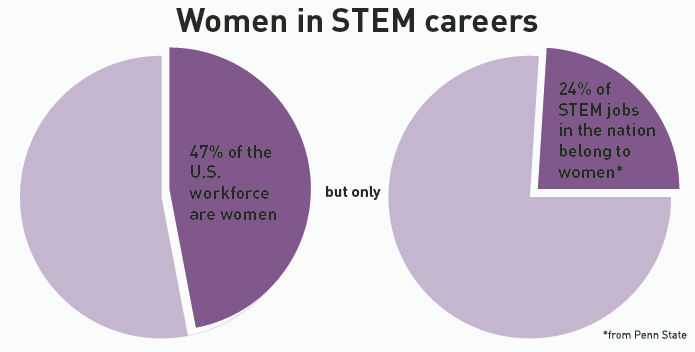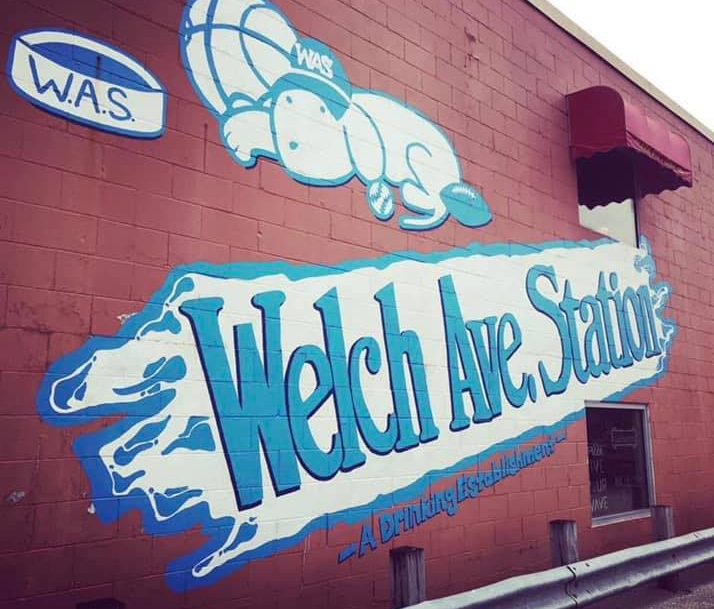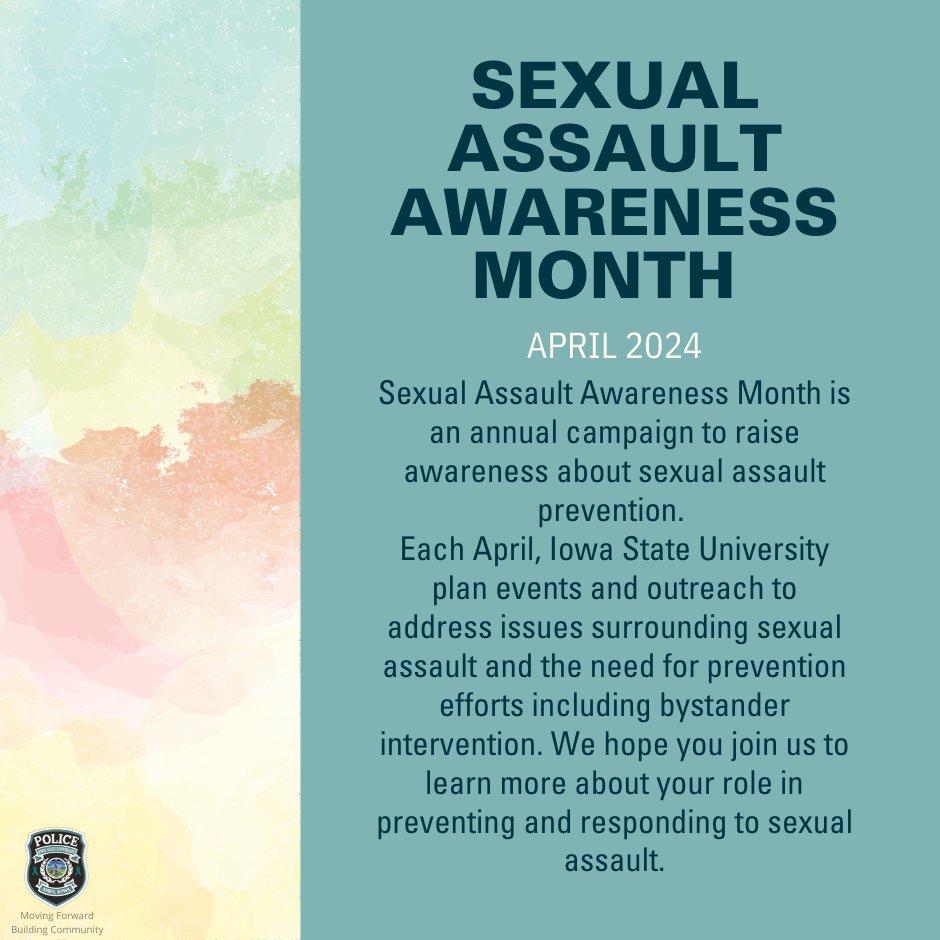Petzold: Human composting could be a better alternative
May 23, 2019
Washington has taken the first step in helping the world become more ecological and giving those who are near death or grieving over a loved one another route to burial.
The state of Washington has passed a bill that states you now have the choice to be buried without a coffin, simply be laid in the ground, simulating compost. The bill is said to be going into effect May of next year.
“(The) body is covered in natural materials, like straw or wood chips, and over the course of about three to seven weeks, thanks to microbial activity, it breaks down into soil,” said Katrina Spade, CEO of the human composting company, Recompose. She states that this process will turn human bodies into healthy soil, helping plants be more nourished after one’s death.
CNN states, “While the body is being broken down … families of the deceased can visit the facility and will ultimately receive the soil that remains. It’s up to the family to determine how they want to use that soil.”
I for one, am stuck between two opinions about this concept. For one, it is non-traditional and non-religious to compost a loved one. It would definitely raise a lot of anger in those who are religious and live traditionally.
On the other hand, I can imagine a family burying, say, their grandfather at the time. Maybe he states he wanted to be buried underneath the tree he met the love of his life under. The family would follow out his wishes and visit the tree every time they wanted to talk to him. Years and years go by, the tree gets bigger and stronger while generations of that particular family come and visit him. While cemeteries or urns are a great way of preserving a loved one and visiting them in their resting place, something about going to nature to visit them for as long as the tree stands is another kind of heartwarming.
Along with that example, environmentally speaking, being buried without a coffin or that much land would benefit the Earth and the city you are buried in.
For instance, “When buried six feet down, without a coffin, in ordinary soil, an unembalmed adult normally takes eight to twelve years to decompose to a skeleton. However if placed in a coffin the body can take many years longer, depending on type of wood used.” During the human composition route of burial, it will take roughly three to seven weeks, then the soil can be used to help something else grow healthy.
Also, graveyards are starting to become relatively crowded. Without disrespecting those who are already laid to rest in that area, there is hardly any space for others to be buried. Graveyards will have to start encroaching on the civilization which they are in.
There are many different pros and cons to this method of burial. It is not anyone’s place but the family dealing with this issue to decide what is best, this is simply another option.















